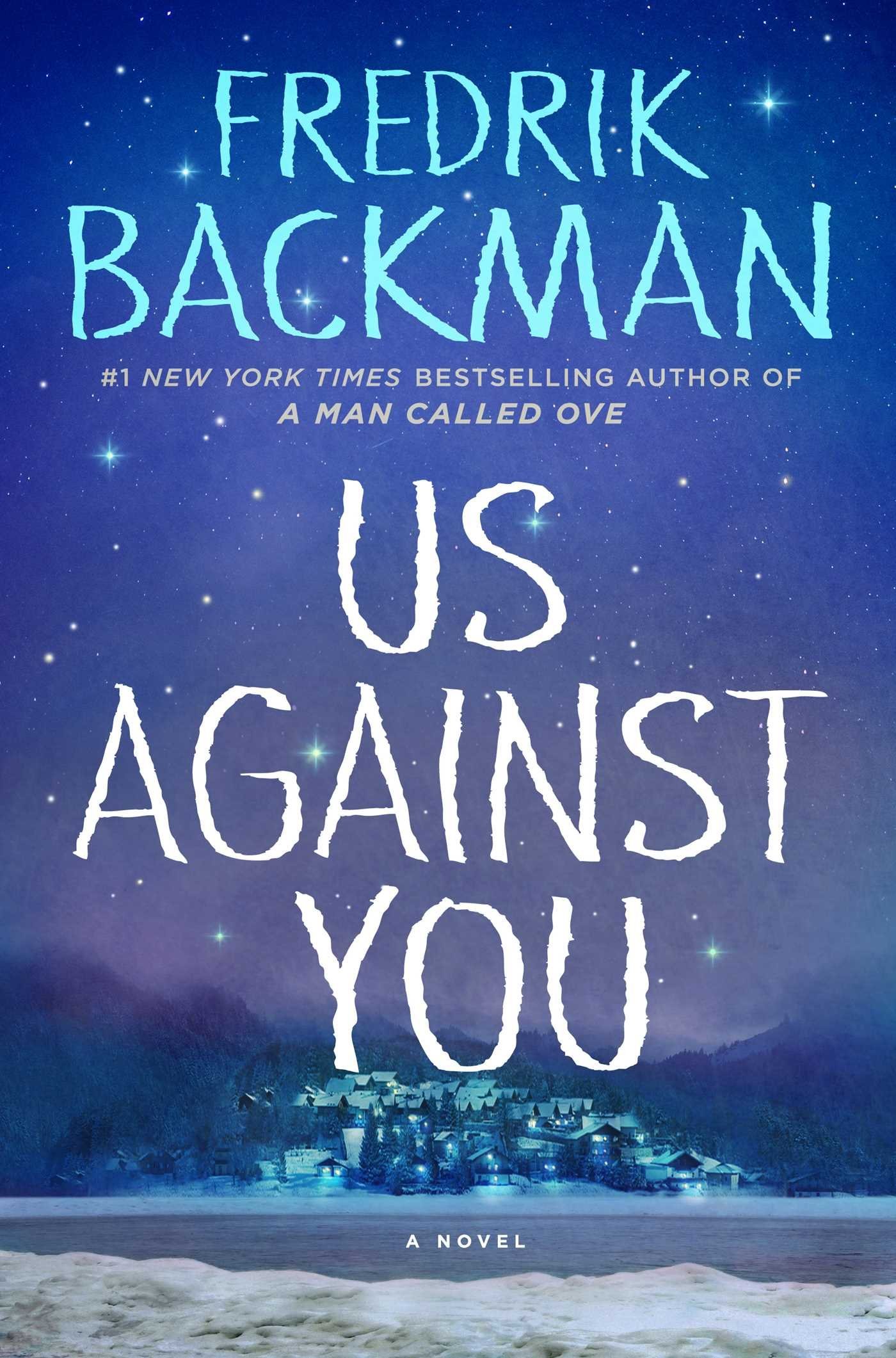
Anxious People
Book Description
A hostage situation unfolds in a small apartment during an open house, but the captors and their captives soon realize they’re not so different after all. As tensions rise and secrets spill, a diverse group of strangers finds themselves facing their own anxieties, desires, and unspoken dreams. With each passing moment, the line between victim and villain blurs, revealing the deep connections that bind us all. Emotions run high and choices weigh heavy, leading to unexpected revelations and profound understanding. What happens when a simple act of desperation reveals the desperate humanity within us all?
Quick Book Summary
"Anxious People" by Fredrik Backman is a compelling, witty novel about a failed bank robber who interrupts an apartment viewing, inadvertently taking a group of strangers hostage. As law enforcement circles outside, the captives—each nursing their own worries, secrets, and disappointments—are forced to communicate and reckon with their anxieties. Through moments of humor, misunderstandings, and heartfelt confessions, they discover deep similarities and unexpected kindness in one another. The narrative explores themes of empathy, forgiveness, and the emotional toll of modern life. As the situation evolves, everyone involved—victims, police, and even the would-be robber—must confront their vulnerabilities and reconsider their perceptions. Ultimately, the story is a celebration of the messy, interconnected lives of ordinary people and the small acts of courage and compassion that can change everything.
Summary of Key Ideas
Table of Contents
The Complexity of Human Anxiety
A failed bank robbery inadvertently becomes a hostage situation when the desperate robber flees into a nearby apartment during an open house. The group of prospective buyers, now unwitting captives, represent a wide cross-section of society, each bringing unique anxieties and secrets into the shared space. Despite a tense beginning—filled with confusion, fear, and misunderstandings—the group gradually reveals glimpses of vulnerability, triggered by their unlikely predicament. The narrative weaves humor with poignancy, showing how stress and pressure can strip away people’s defenses, exposing their truest selves.
Unexpected Bonds Between Strangers
Backman skillfully alternates perspectives between the hostages, the robber, and the police officers outside, enabling readers to see the complexity of every character’s inner world. The captives include a retired couple grappling with their marriage, two young women at a crossroads in their relationship, and an eccentric older woman, all of whom are forced to confront not just the robber but the anxieties they often avoid. Meanwhile, the local police officers—father and son—deal with their fraught personal history as they try to manage the unfolding crisis.
Empathy Over Judgment
As the hours pass and confessions spill, the shared ordeal fosters unexpected connections. Hostages comfort one another, provide comic relief, and slowly become allies to the robber, recognizing desperation rather than villainy. The enforced intimacy compels each person to let go of ingrained judgments, making room for empathy and solidarity. Their exchanges reveal how everyone, regardless of background or circumstance, faces anxieties about love, failure, and forgiveness.
The Nature of Desperation
The narrative’s heart lies in the blurring of lines between victim and perpetrator. The robber’s motivations emerge as deeply human, rooted in loss and the pressures of an unforgiving world. The group’s willingness to empathize—aided by their own insecurities—leads to acts of compassion and protection, transforming a crime scene into a reluctant community. In the novel’s suspenseful and humorous twists, Backman emphasizes how collective action and understanding can arise even in chaos.
The Power of Forgiveness
"Anxious People" ultimately suggests that the true resolution to crises—personal and collective—comes not from heroics, but from the courage to be honest, to connect, and to forgive. By the novel’s end, secrets are revealed, misunderstandings are clarified, and every character is changed. The shared experience of fear and hope in that small apartment becomes a catalyst for growth, reminding readers that anxiety, though isolating, is also a common thread binding us, and that kindness can arise even in the most unlikely circumstances.
Download This Summary
Get a free PDF of this summary instantly — no email required.





